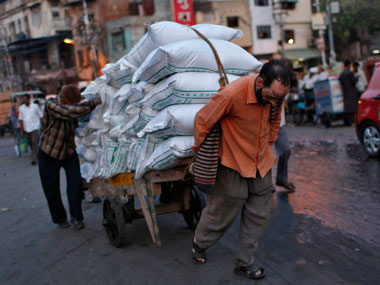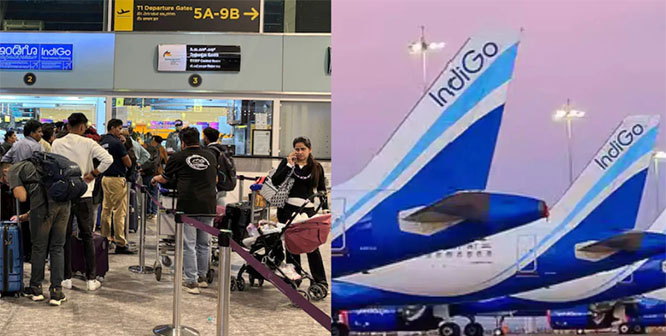
"The big question about India now is what happens in the election next year and who will be the new government. That's a very complicated question," Assistant Treasury Secretary for International Finance Charles Collyns, said.
"India's the world's largest democracy. It has a multiple of political parties. There's one party on the right, the BJP, which would certainly try to push forward pretty aggressive reforms.
"On the other hand, that party's also been associated with less positive social policies, and it's not clear whether they will actually gain power even if they become the largest seat holder in Congress," Collyns said at the George Washington University's Elliott School of International Affairs.
"On the other hand, if you had a coalition of regional governments, which is another possibility, that would probably be pretty negative for reforms. So it's an uncertain outlook," Collyns said.
Collyns said India is one of the five fragile economies of the world. The other four being Brazil, Indonesia, Turkey and South Africa, he said.
"The "fragile five" are fragile because they have large current account deficits and they've relied heavily on portfolio capital to finance those deficits.
The "fragile five" suffered particular steep depreciations in the exchange rate. So gradually over the summer there was a clear discrimination between the most fragile and other economies," Collyns said.
The Treasury official aid, the fragile economies had to take a pretty strong policy response to stabilise their foreign exchange markets.
"Three of them actually had to increase their policy rates. Brazil, India and Indonesia raised their policy rates. But the policy response was much broader than just raising interest rates, as shown in this chart here," he said.
"The countries under pressure took a number of steps. They hiked their interest rates, they took measures to tighten liquidity, they intervened in the market, they provide foreign exchange swaps, they provide hedging against foreign currency risks.
They took steps to encourage capital inflows to try to stir up to protect their position," he said.
Collyns said India is a country that's allowed its current account deficit to widen quite sharply recently.
Collyns lived in India as the IMF's resident representative for a period in the 1990s.
"I remember the conversations we had at the time, the IMF encouraging India to increase capital account openness, India saying, no, we can't do that because we would be very scared if the current account deficit were to rise beyond -- 3 per cent was sort of the magic number that they had in mind at the time.
"But typically, they kept the current account deficit to, like, 1 or 2 per cent, at most," he said yesterday.
Collyns, who was recently in the country, said India has gone through a tremendous boom of growth, building on their strengths.
"But they haven't dealt with a lot of the underlying structural problems, and they've allowed their macro framework to remain fairly weak," he said.
"They have a very wide fiscal deficit. As long as you're growing fast, you can live with a wide fiscal deficit because you essentially absorb the debt by growing, but as growth has subsided, then you get more worried about the fiscal deficit.
So the combination of reforms, big fiscal deficit means that markets are worried. And India has come under pressure," Collyns said.








Comments
Add new comment